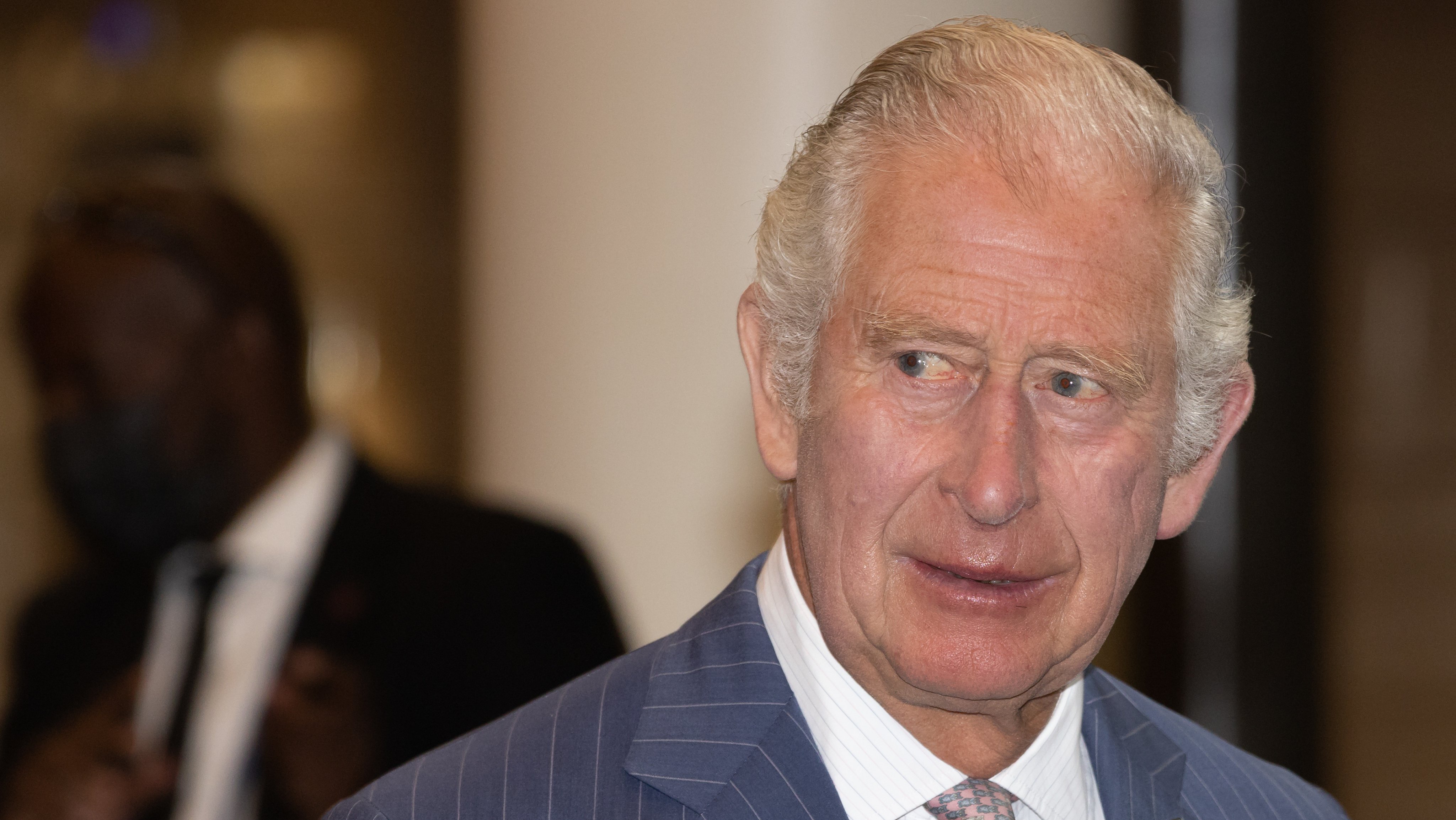After the controversy announced at the beginning of the week, about the suitcase with a million euros delivered by a sheikh of Qatar, new documents released now show how Prince Charles will have influenced British tenancy lawpassed in the 1990s, leaving out the town of Somerset, in the Duchy of Cornwall, which is royal property belonging to Elizabeth II’s eldest son.
The documents released this Tuesday by The Guardian newspaper reveal that, in 1993, Prince Charles managed to change the reform of the rental law -in force since the 1960s-, pressing the ministers of the time to create an exception in the document it was later approved to avoid direct confrontation with the royal family. And the ministers yielded to “avoid a major crisis.”
Prince Charles personally received a suitcase with a million euros from the Sheikh of Qatar
Before any law is changed or passed, the Queen and Prince Charles are informed and have access to copies of the proposals; this is called Queen’s consent. And Prince Charles will have used this formal procedure to prevent the law that allows tenants to buy the house they rent from leaving out his property, whose houses keeps leased and guarantees you around £20 million a year. Thus, no tenant could buy those houses and Prince Charles would continue to receive the rent amounts, which are paid to the Duchy of Cornwall and then transferred to Prince Charles.
The British ministers then began to be pressured in the year before the amendment to the law was approved, in 1992. In a first approach, Prince Charles expressed his “particular concern” about the proposal, directly to the then Prime Minister, John Major. Then it was the turn of a warning to the ministers, which came through JE Roberts, a government representative: “The difficulty is that the Prince of Wales shows a great personal interest in the development of this town“.
They made it clear that if the Government is going to pursue this matter, the Prince will have to discuss it at the highest level,” added JE Roberts.
The pressure from Prince Charles went further and, always through messages sent by the representative of the Government, the eldest son of Elizabeth II suggested that the ministers would have to “decide if it was worth fighting against this issue.”
Thereafter, the ministers exchanged some ideas — some considered that there was no justification for creating an exception in the tenure law, but others recognized that a green light from the queen and her son is always needed for the law to be discussed and approved in parliament.
“Ultimately I suppose the will of the ministers may prevail over the monarchy, but a constitutional crisis would add an image of controversy to the law, which would be avoided,” wrote JE Roberts. The truth is that after this, the tenants of the houses owned by Prince Charles were excluded from the new lease law, preventing them from buying the houses where they live. However, the exception to the law was only made public in 2002, during the enactment of a new leasing law.
Source: Observadora
